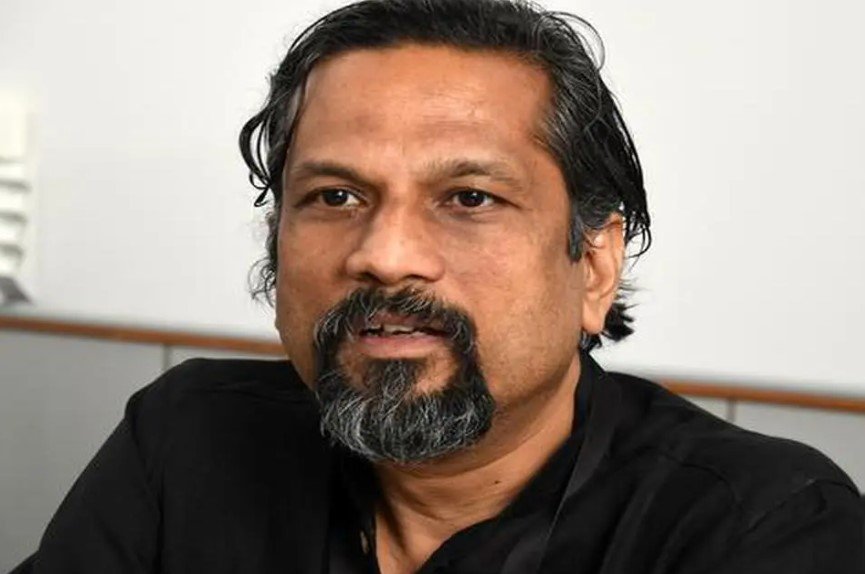Sridhar Vembu, the founder of Zoho Corporation, has turned a small village in Tamil Nadu into a hub for global tech innovation. In 2025, his latest project, the Arattai messaging app, surges in popularity as a homegrown alternative to WhatsApp, drawing endorsements from government leaders and millions of users seeking privacy and local solutions.
From Silicon Valley to Village Life
Vembu started his journey in the United States after earning a doctorate from Princeton University. He worked at Qualcomm, a major tech firm, but felt drawn back to India.
In 1996, he returned home and founded what became Zoho in a modest setup. He chose to base operations in rural areas, far from bustling cities like Bangalore or Mumbai.
This move went against common tech trends. Most companies chase urban talent and investors, but Vembu focused on self-reliance.

Today, Zoho employs over 15,000 people worldwide, with many in small towns. The company offers tools for email, customer management, and more, competing with giants like Microsoft and Google.
Bootstrapped Success Without Outside Funds
Zoho grew without venture capital, a rare feat in tech. Vembu bootstrapped the business, using profits to expand.
This approach let him avoid pressure from investors. He could invest in long-term ideas, like rural development.
By 2025, Zoho’s revenue hits billions, serving millions of users globally. The firm stays private, giving Vembu freedom to innovate.
Key milestones include launching cloud services in 2005 and expanding to over 50 apps. These tools help small businesses manage operations affordably.
Training Talent in Rural India
Vembu believes innovation thrives anywhere with the right training. He set up Zoho Schools in villages to teach coding and tech skills.
These programs target young people without college degrees. Many graduates join Zoho, building careers close to home.
This model reduces urban migration and boosts local economies. In Tenkasi district, Zoho’s presence creates jobs and inspires startups.
- Zoho Schools train over 1,000 students yearly.
- Graduates earn competitive salaries without leaving their communities.
- Programs cover software development, design, and business skills.
Vembu’s vision extends to social impact. He promotes sustainable living and community growth through tech.
Arattai App Takes on WhatsApp
In 2025, Arattai emerges as a star in India’s app scene. Meaning “chit-chat” in Tamil, it offers messaging with strong privacy features.
Developed by Zoho, Arattai runs smoothly on low-end phones and low bandwidth. This makes it ideal for rural users.
Sign-ups exploded from 3,000 to 350,000 daily after endorsements from leaders like Education Minister Dharmendra Pradhan. It topped app store charts, even surpassing WhatsApp briefly.
Arattai stores data in India and avoids ads, focusing on user trust. Features include group chats for up to 1,000 people and end-to-end encryption.
Users praise its speed and security. As India pushes for self-reliance under Aatmanirbhar Bharat, Arattai fits perfectly.
Challenges and Future Plans
Building from rural areas brings hurdles like poor internet and talent shortages. Vembu tackles these with on-site training and infrastructure investments.
Critics question if Arattai can fully replace WhatsApp, which has billions of users. Vembu aims to improve encryption and add features like video calls.
Looking ahead, Zoho plans global expansion while staying rooted in India. Vembu rejects listing on stock markets to avoid quarterly pressures.
| Aspect | Zoho’s Approach | Traditional Tech Giants |
|---|---|---|
| Funding | Bootstrapped, no external investors | Heavy venture capital and public listings |
| Location | Rural villages in India | Urban hubs like Silicon Valley |
| Focus | Long-term innovation and privacy | Short-term profits and data monetization |
| Workforce | Trained local talent | Highly educated urban professionals |
| Revenue Model | Subscription-based services | Ads and data sales |
This table shows how Zoho stands out in the tech world.
Vembu’s story inspires entrepreneurs worldwide. He proves success comes from vision, not just money or location.
Impact on India’s Tech Landscape
Arattai’s rise highlights India’s growing tech independence. With data privacy concerns rising, local apps gain traction.
Government support boosts apps like Arattai. This aligns with policies promoting made-in-India tech.
Vembu also advocates for rural innovation. His efforts create jobs and reduce inequality between cities and villages.
In 2025, as digital India expands, figures like Vembu lead the charge. His work shows tech can serve society beyond profits.
What do you think about Arattai as a WhatsApp alternative? Share your thoughts in the comments and spread this story with friends who love tech news.
